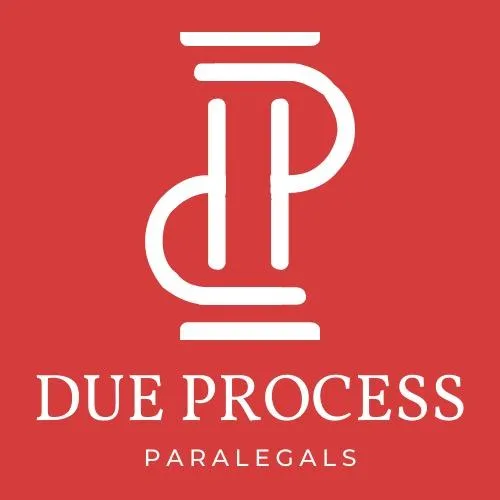CASE STUDIES
Unveiling Legal Success: Delve into Case Studies with Our Comprehensive Blog Review - Your Source for In-Depth Insights into Real-World Legal Outcomes and Strategies.

U.S. Bank N.A. v Santos: An Attack on New York's Foreclosure Abuse Prevention Act
U.S. Bank N.A. v Santos: An Attack on New York's Foreclosure Abuse Prevention Act
In U.S. Bank N.A. v Santos, AD3d , 2023 NY Slip Op 03942 (2023) ("U.S. Bank"), the appellate court upheld the dismissal of U.S. Bank's mortgage foreclosure case against Cristy Santos and Zafar Qureshi as time-barred under the six-year statute of limitations on July 26, 2023. However, the court raised questions on the constitutionality of New York's recently enacted Foreclosure Abuse Prevention Act (FAPA), which aimed to close loopholes that allowed lenders to repeatedly delay foreclosure cases.
Background of U.S. Bank's Previous Failed Foreclosure Attempt
In U.S. Bank, the appellate court explained that in 2009, Bank of America (BOA) brought a foreclosure action against Santos for defaulting on her 2006 mortgage. After Santos failed to respond, BOA moved for a default judgment in 2015. However, the court dismissed BOA's case for abandonment under CPLR 3215(c) because BOA had waited over 5 years to seek the default judgment. The appellate court affirmed the dismissal in 2019.
U.S. Bank's New Action Barred by Statute of Limitations
In January 2020, U.S. Bank, as BOA's successor, filed a new foreclosure action on the same mortgage debt. Santos moved to dismiss, arguing the six-year statute of limitations had expired in October 2015. The lower court agreed, prompting U.S. Bank's appeal.
The appellate court in U.S. Bank found U.S. Bank's 2020 case was clearly time-barred, as the debt had accelerated in 2009 when BOA sued Santos initially. As the court explained, "Once a mortgage debt is accelerated, the entire amount is due and the Statute of Limitations begins to run on the entire debt."
Questioning Constitutionality of FAPA's Retroactive Application
In a last-ditch constitutional argument, the plaintiff claimed that FAPA could not be applied retroactively to foreclosure cases filed before the law's enactment.
FAPA specifically barred using the savings clause where cases were dismissed under CPLR 3215(c), as in U.S. Bank v Santos, supra. But U.S. Bank argued applying FAPA retroactively to its already time-barred case violated its constitutional rights.
While upholding dismissal of U.S. Bank's suit, the appellate court in U.S. Bank remanded for the lower court to consider the constitutional issues. This raises questions on whether lenders may have a path to challenge FAPA's retroactive application.
The Second Department declined to rule on this issue, instead remanding to the Supreme Court for further briefing. This tactic allows the Second Department to avoid deciding controversial constitutional issues while signaling that FAPA remains vulnerable to attack.
Stricter Limits on Mortgage Foreclosure Cases
By closing loopholes that allowed lenders to routinely file untimely foreclosure actions, FAPA aimed to force banks to promptly enforce defaulted mortgages. The plaintiff bank's constitutional challenge in Santos shows that lenders will continue seeking ways around FAPA's restrictions. How courts ultimately rule on FAPA's constitutionality will determine whether the law fulfills its purpose of preventing foreclosure abuse. For now, the fate of FAPA remains uncertain.
Santos illustrates lenders' ongoing resistance to legislation limiting their ability to collect on stale debts. For now, the appellate court's ruling reaffirms time limits still apply, stating: “once a mortgage debt is accelerated, the entire amount is due and the Statute of Limitations begins to run on the entire debt.”
Visit us on:

©2023 Due Process Paralegals All Rights Reserved.
The content, design, and graphics on this website are protected by copyright law. Unauthorized reproduction or distribution of any materials on this website without the prior written permission of Due Process Paralegals is strictly prohibited.
All trademarks, service marks, and trade names displayed on this website are the property of Due Process Paralegals or their respective owners. Use of any trademarks, service marks, or trade names on this website without the express written consent of Due Process Paralegals or the respective owners is prohibited.